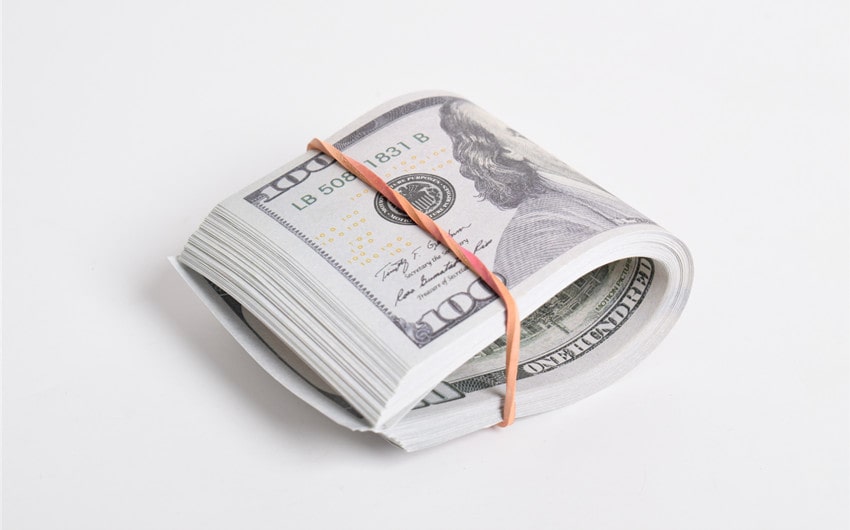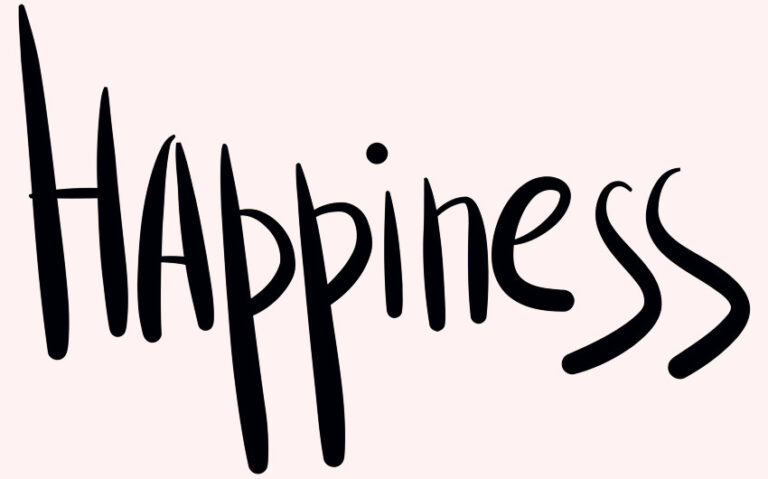Why Money Can’t Buy Happiness: The Deeper Truth Behind Wealth and Joy
Money can make life easier, but it can’t guarantee happiness. Many people chase wealth, believing it will fill the emptiness inside or solve all their problems. Yet over and over, both science and real life show that happiness is rooted in something much deeper than material possessions or financial status. In this article, you’ll explore why money can’t buy happiness, how it actually blocks joy when misused, and what truly creates emotional well-being beyond the numbers in your bank account.
Why Money Feels Like It Should Make You Happy
It’s natural to associate money with happiness. After all, money provides comfort, choices, security, and convenience. When you lack basic needs—food, shelter, safety—money becomes a necessary survival tool, reducing stress and freeing you to focus on personal growth, connection, and joy. For those living in scarcity, the idea that money brings happiness is grounded in the very real experience of hardship relief.
But once your fundamental needs are met, the emotional returns of additional wealth begin to diminish. This is called the diminishing returns of income on happiness. Research shows that beyond a certain income threshold (often cited around $75,000 to $100,000 annually, depending on the study and region), more money does not significantly increase day-to-day happiness or life satisfaction. That’s because while money can solve external problems, it doesn’t address internal emotional needs like belonging, meaning, or self-worth.
The Illusion of Money as a Shortcut to Happiness
Many people fall into the trap of believing that money can be a shortcut to happiness. It promises freedom from stress, validation from others, and the comfort of having “made it.” In a consumer-driven culture, the messaging is everywhere: buy more, achieve more, and you’ll feel better.
But this is an illusion known as hedonic adaptation. Human beings quickly adapt to improved circumstances. That new car, fancy house, or luxury vacation may thrill you temporarily, but soon becomes your new normal—pushing you to chase the next thing for another fleeting high. This endless loop can lead to chronic dissatisfaction and emotional burnout, as joy becomes tied to achieving or acquiring, rather than being grounded in who you are and how you live.
Psychological Research on Money and Happiness
Psychological studies consistently show that money’s impact on happiness is limited. According to Nobel Prize-winning psychologist Daniel Kahneman, while money does contribute to reducing negative emotions associated with hardship, it doesn’t create more positive emotions beyond a certain point. This is because emotional well-being depends more on social connection, purpose, gratitude, and self-acceptance than on material success.
The Harvard Study of Adult Development—the longest study on happiness ever conducted—found that the quality of relationships, not wealth or fame, was the strongest predictor of happiness and health over the course of a lifetime. Those with warm relationships lived longer, healthier, and more fulfilling lives, regardless of their income levels.
Additionally, a study from the Journal of Positive Psychology found that spending money on experiences (like travel, art, or education) creates more lasting happiness than spending on material goods, as experiences foster connection, growth, and cherished memories.
What Money Can and Can’t Buy: A Visual Comparison
| What Money Buys | What Money Can’t Buy |
|---|---|
| Comfort and convenience | Emotional peace and contentment |
| Luxury goods and services | Authentic joy and fulfillment |
| Physical safety and security | True connection and intimacy |
| Status and prestige | Self-worth and self-acceptance |
| Access to opportunities | Meaning and purpose in life |
| Temporary pleasure | Lasting emotional resilience |
How Chasing Money Can Actually Block Happiness
When you prioritize money as your only path to happiness, you can inadvertently block the very things that bring you joy. Here’s how:
- Overwork and burnout: The relentless pursuit of wealth can lead to neglect of relationships, health, and creativity. Many people sacrifice their personal lives and emotional well-being chasing promotions or business success, only to realize too late that they’ve lost what matters most.
- Comparison trap: Focusing on wealth often leads to comparison with those who have more, fueling a cycle of scarcity, envy, and dissatisfaction, regardless of how much you actually have.
- Misalignment with values: When financial gain becomes your north star, you may drift from your personal values, leading to a hollow success that feels emotionally empty.
- Neglecting inner work: Money can act as a distraction from unresolved emotional wounds, preventing you from doing the deeper healing work that leads to authentic self-acceptance and joy.
Where True Happiness Comes From (And How to Cultivate It)
True happiness comes from a combination of inner and relational experiences that money cannot purchase. Here’s where to focus your energy:
- Relationships and community: Meaningful relationships are the foundation of happiness. Invest in your connections, show up authentically, and create spaces where love, trust, and vulnerability can thrive.
- Purpose and values-based living: Align your actions with your deepest values and desires—not societal expectations or material goals. Living in alignment creates fulfillment that wealth alone cannot match.
- Gratitude and presence: Cultivating daily gratitude for what is, rather than chasing what’s missing, rewires your brain for contentment. Mindfulness practices can help you experience joy in the here and now.
- Self-acceptance and self-compassion: Learning to accept yourself fully, flaws and all, creates an emotional foundation for peace and happiness that external achievements can’t replace.
- Emotional and spiritual growth: Practices like therapy, journaling, meditation, and creative expression help you connect to your authentic self, process emotions, and nurture your inner world.
Cultural Myths That Fuel the “Money = Happiness” Belief
Many cultural narratives reinforce the myth that wealth equals happiness. In capitalist societies, success is often defined by income, assets, and consumption. Social media amplifies this by presenting curated images of luxurious lifestyles, creating the illusion that more equals better.
Breaking free from these myths requires conscious reflection on your own beliefs about money and happiness. Ask yourself:
- What does “enough” look like to me?
- When have I felt happiest—and did money play a role?
- Am I chasing money for security, validation, or avoidance of deeper needs?
By questioning these cultural scripts, you create space to define happiness on your own terms, grounded in emotional richness rather than material wealth.
Final Thought
Money makes life easier, but it will never make life meaningful. The deepest happiness comes from knowing yourself, loving others, and living in alignment with your truth. When you stop chasing wealth as the source of joy and start nurturing what really matters, you create a kind of abundance that no amount of money can buy.






